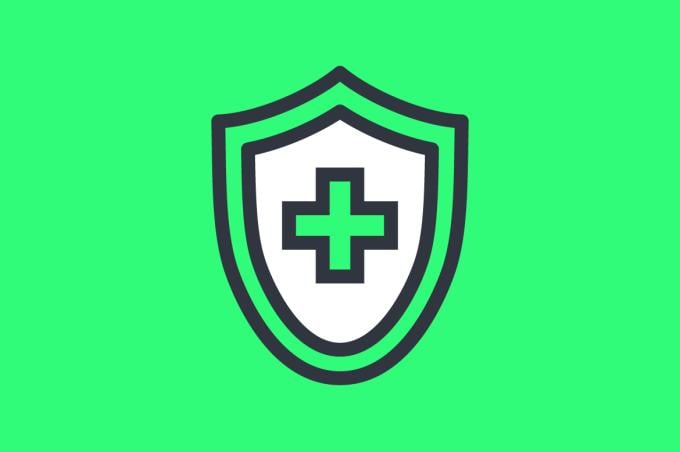Employers across the country are weighing the pros and cons of vaccine mandates as employees return to the office. Some see these mandates as an occupational health strategy, allowing for medical and nonmedical exemptions. For hospitals and health systems, vaccination is especially crucial from a public health perspective.
“Do no harm is a core ethic for all those who care for the sick and injured. I think that physicians and, frankly, all those working in the health care system, have a fundamental obligation to patients by getting vaccinated for preventable diseases such as COVID 19,” said Audiey Kao, MD, PhD, the AMA’s vice president of ethics. Dr. Kao discussed the ethical considerations of vaccine mandates for health care workers in an episode of the “AMA COVID-19 Update” that was published last week.
COVID-19 vaccines have prevented nearly 280,000 deaths and 1.25 million hospitalizations in the U.S. according to estimates from researchers at the Yale School of Public Health. If and when hospitals and health systems choose to mandate COVID-19 vaccination, Dr. Kao believes they’ll have solid ethical and legal grounds to do so.
Considering the time lag between rising COVID-19 cases and increased hospitalizations, “physicians and health care employers need to act with urgency to address concerns and encourage vaccinations among those in the health care workforce who remain unvaccinated,” Dr. Kao said.
Yesterday, the AMA and nearly 60 other organizations representing physicians, nurses, pharmacists and other health professionals signed a joint letter calling for all health care and long-term care employers to require their employees to be vaccinated against COVID-19.
“It is critical that all people in the health care workforce get vaccinated against COVID-19 for the safety of our patients and our colleagues,” said Susan R. Bailey, MD, the AMA’s immediate past president. “With more than 300 million doses administered in the United States and nearly 4 billion doses administered worldwide, we know the vaccines are safe and highly effective at preventing severe illness and death from COVID-19.
“Increased vaccinations among health care personnel will not only reduce the spread of COVID-19 but also reduce the harmful toll this virus is taking within the health care workforce and those we are striving to serve,” Dr. Bailey added.
96% of physicians vaccinated
The AMA, the American Hospital Association and the American Nurses Association have repeatedly called on health professionals to get their COVID-19 vaccination. So far, the reception among doctors has been robust: a recent AMA survey found that more than 96% of physicians reported receiving the vaccine.
“It’s good to see that the great majority of my colleagues are setting an important example and practicing what we’ve been preaching,” said Dr. Kao.
Ethics policy adopted at the November 2020 AMA Special Meeting says that physicians have an ethical duty to get immunized against pandemic disease when a safe and effective vaccine becomes available, and if there are no medical contraindications.
Federal judge OKs hospital mandate
Vaccine mandates aren’t new to health care facilities, but the health care sector has seen its share of legal challenges against these requirements, and the COVID-19 vaccine is no exception.
Dr. Kao mentioned a high-profile lawsuit in Texas, in which 100 hospital employees claimed wrongful termination for being put on leave without pay for refusing a hospital-supplied vaccination. A federal judge recently ruled in favor of the hospital, noting that “if hospital's employees didn't want to receive a COVID-19 shot, they were free to work elsewhere,” said Dr. Kao.
Meanwhile, at least six have enacted new laws limiting mandatory COVID-19 shots.
“Fortunately, many of these states have not prohibited employers from requiring workers to get a vaccine but do carve out an exception for health care and public health workers,” Dr. Kao noted. “These new laws, however, only further contribute to politicizing a public health emergency that should not be a red versus blue or a left versus right issue.”
Full FDA approval a game-changer?
The three vaccines now available in the U.S.—those made by Pfizer-BioNTech, Moderna and Johnson & Johnson—have been granted emergency use authorization by the FDA. These vaccines have demonstrated strong, real-world efficacy and safety data, said Dr. Kao.
“We’ve given COVID vaccines to nearly 70% of the U.S. adult population. Safety and efficacy are holding up well, even against the variants that have emerged,” he said.
The FDA is expected to grant full approval to the Pfizer and Moderna vaccines in the coming weeks and months. Having this full approval “should help to get some people who are currently on the fence get vaccinated,” said Dr. Kao.
As individual facilities weigh their options, physicians and health systems should continue to get the message out that COVID-19 vaccines save lives, Dr. Kao advised.
“Can you imagine where we would be in this country if we did not have safe and effective COVID-19 vaccines?” he said.




